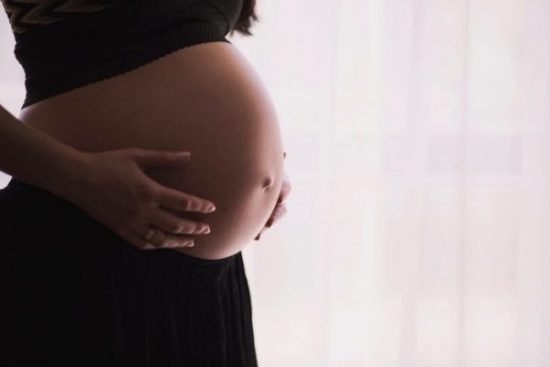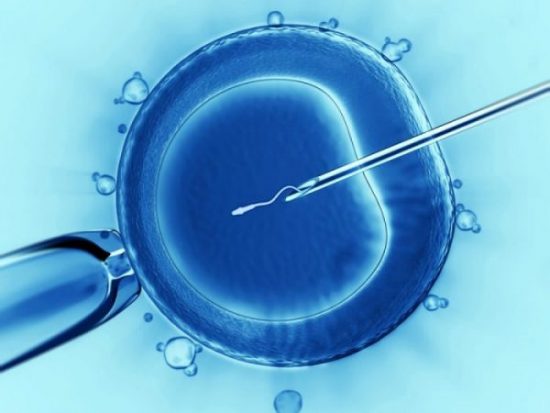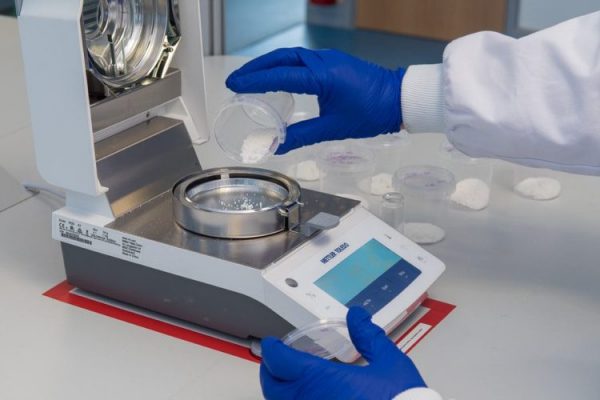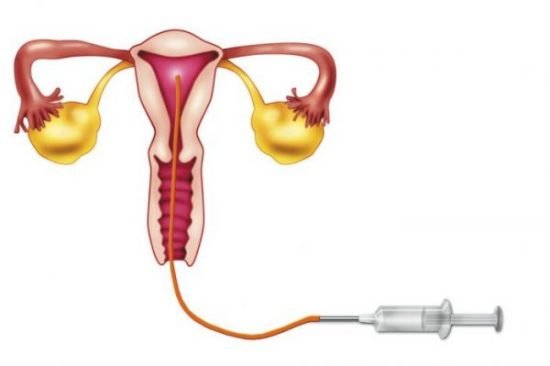ABOUT DONOR EGG IVF
Donor egg IVF is an in vitro fertilization (IVF) cycle using eggs from a donor. Using donor eggs is recommended in cases whereby the woman’s eggs are not healthy enough to be used in IVF treatment.
The eggs are provided by a donor and the sperm used to fertilize the eggs can be from a partner or from a sperm donor.
Before donating eggs, the donor will need to undergo hormone treatment and a procedure to retrieve the eggs. Many countries have a shortage of egg donors, as the process is physically demanding and is a lot more complex than sperm donation.
Eggs may be donated by patients who have frozen their eggs and no longer wish to use them.
Recommended for
- Patients who cannot produce healthy eggs, for example due to premature ovarian failure (POF)
TIME REQUIREMENTS
- Average length of stay abroad: 1 – 2 weeks.
- Number of trips abroad needed: 1.

HOW TO FIND QUALITY TREATMENT ABROAD
BEFORE DONOR EGG IVF ABROAD
Before beginning IVF using a donor egg, the patient must decide if they want to use an egg from a known donor, or if they prefer to use an anonymous donor.
The donor will undergo hormone treatment to stimulate the maturation of numerous eggs, which are then retrieved. If frozen donor eggs are being used, the eggs are thawed before fertilization.
HOW IS IT PERFORMED
Once the donor eggs have been retrieved or thawed, the eggs are fertilized “in vitro” and the process is the same as with any IVF procedure.
The woman is given hormones to prepare the lining of the uterus for the embryo. The collected eggs are fertilized in the laboratory, left to mature for 1 to 5 days, and then usually 1 or 2 are chosen for implantation.

WHAT TO EXPECT AFTER DONOR EGG IVF
Post procedure care
Patients will need to wait for around a week and a half before pregnancy can be detected.
Possible discomfort
Possible hot flushes, mood swings, headaches, nausea, pelvic pain or bloating may occur.
IMPORTANT THINGS TO KNOW ABOUT DONOR EGG IVF
Success rates
It is difficult to give an exact success rate for IVF, as it depends on numerous factors including the age of the patient and the underlying fertility issues. A recent report found that pregnancy was achieved on average in just under 30% of all IVF cycles, with live births in slightly less than 25% of all cycles. However this figure varies substantially – a woman under 35 years old who has IVF has about a 40% chance of having a baby, whereas a woman over 40 has an 11.5% chance of a successful pregnancy.
Not recommended for
- Patients over the age of 40, success rates are significantly reduced
- Catients with congenital or developed uterine abnormalities, which prevent the embryo from implanting
Potential risks
- Ovarian hyperstimulation syndrome
- Multiple births
- Ectopic pregnancy
- Miscarriage














